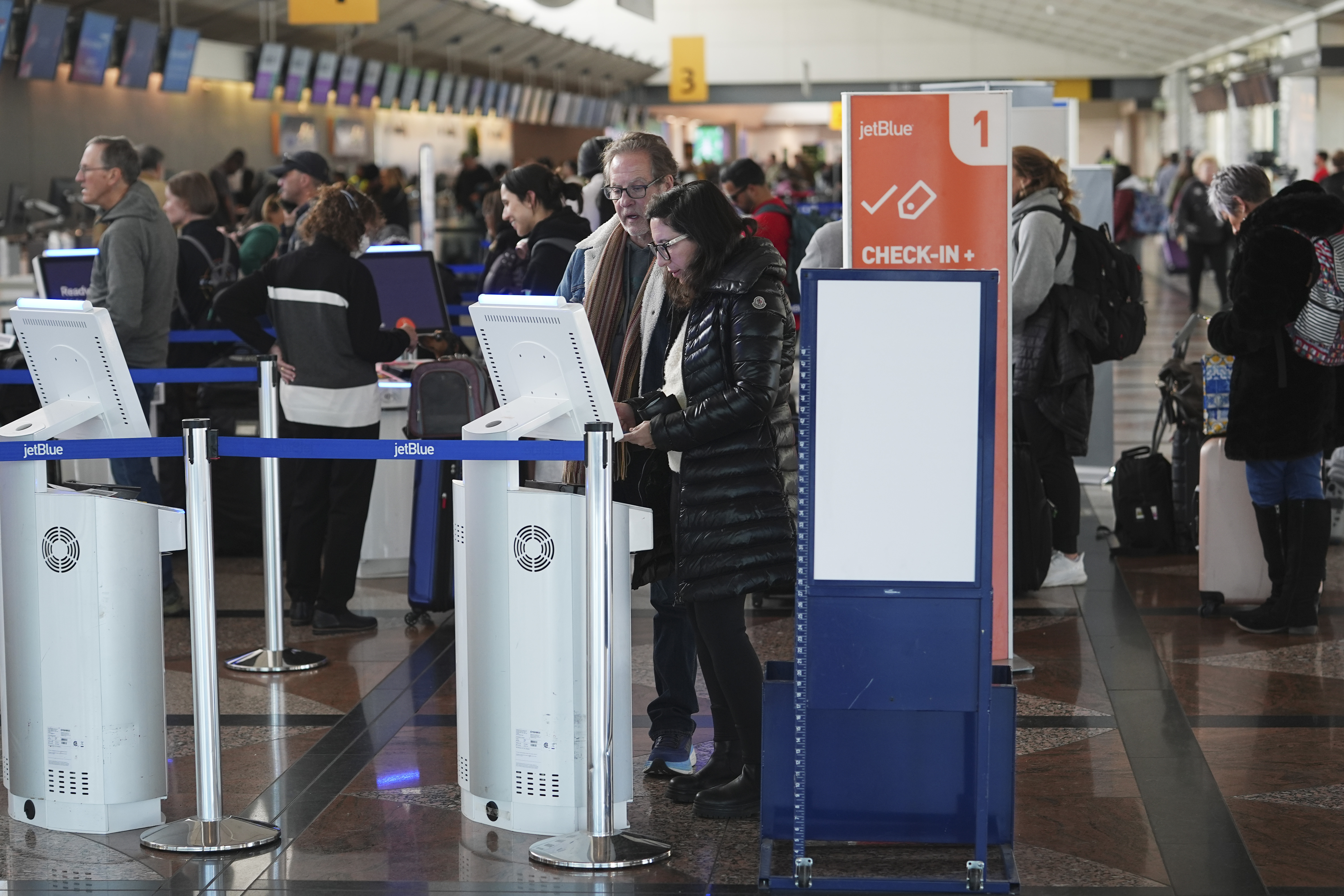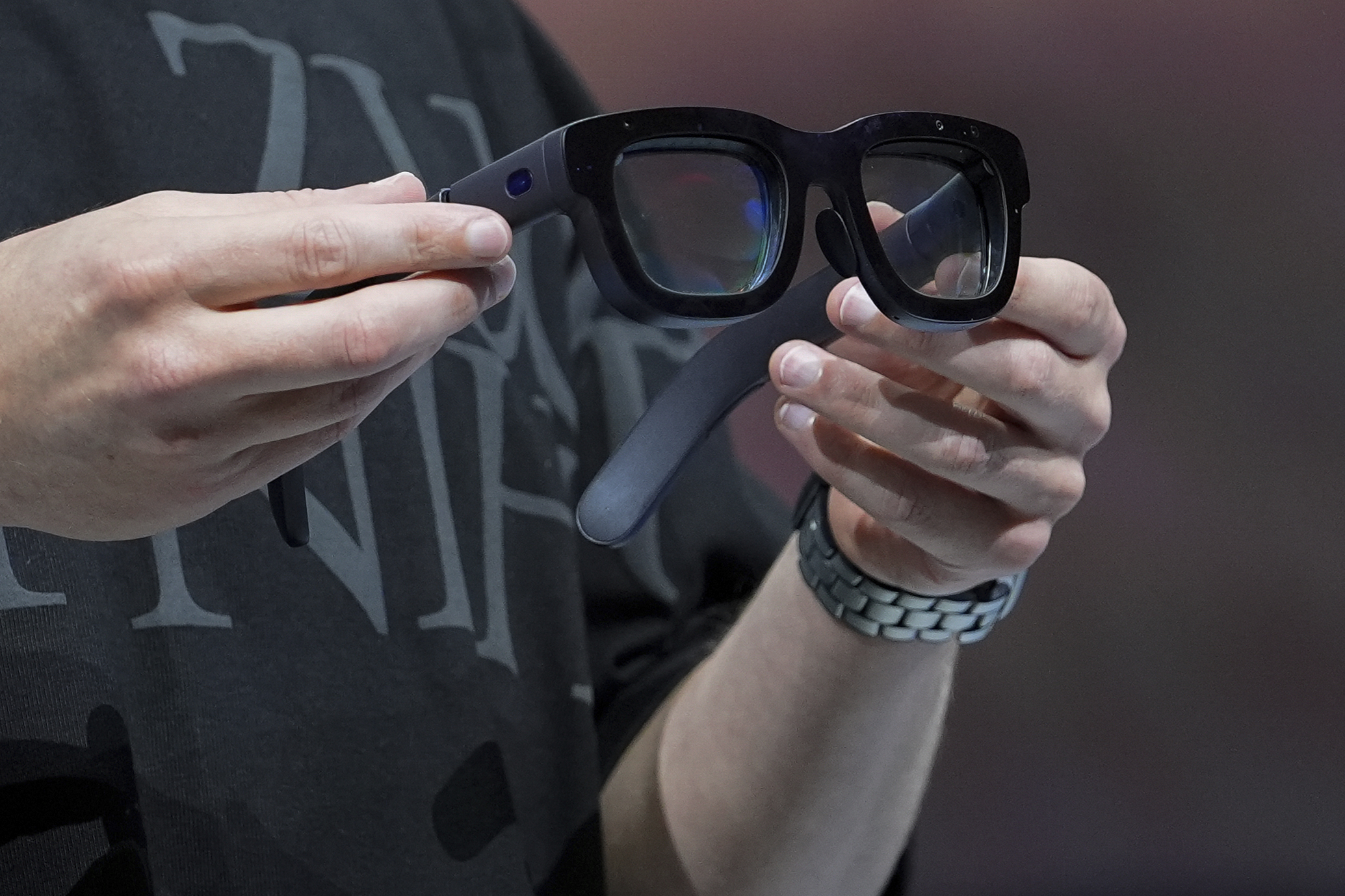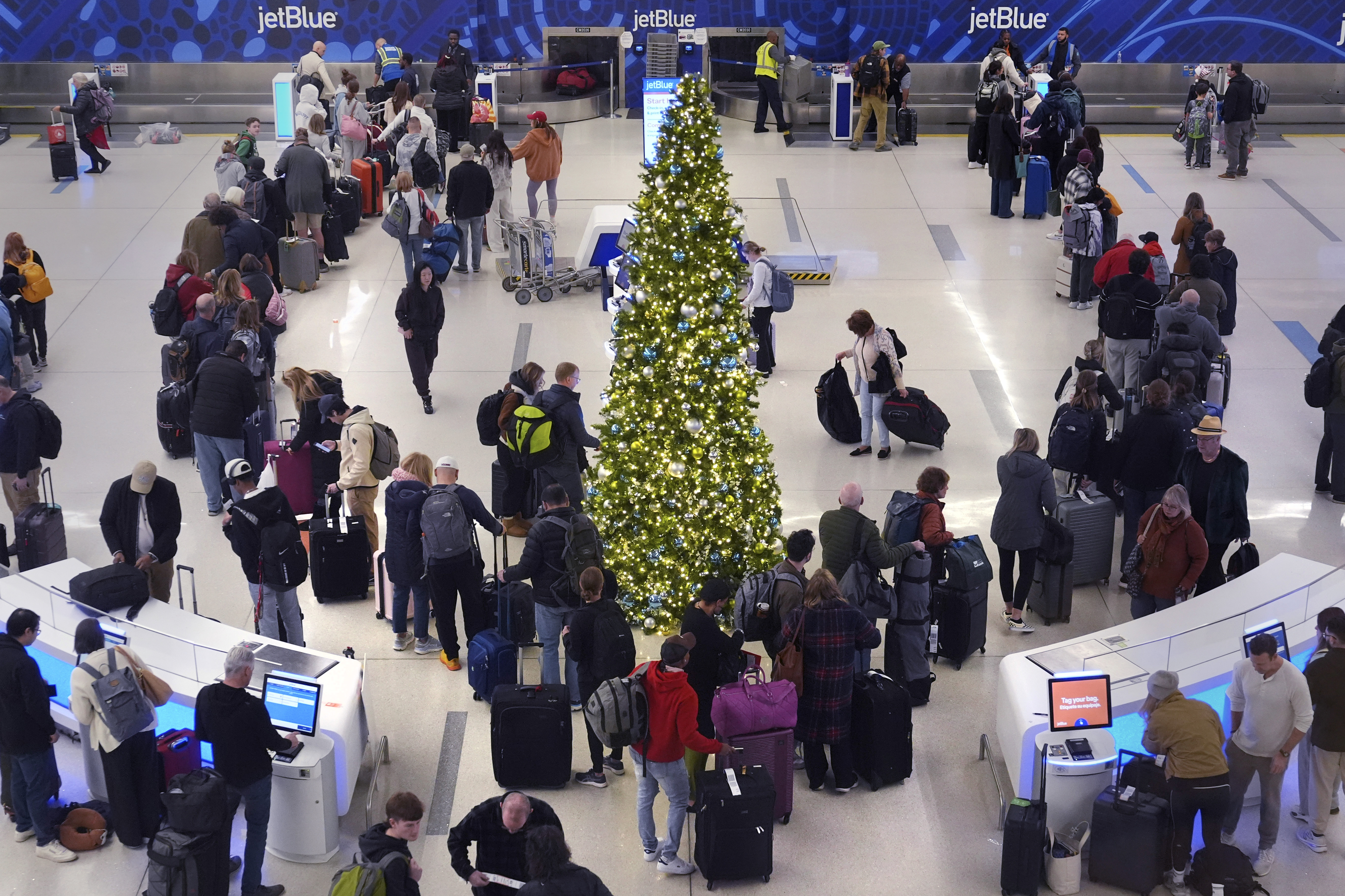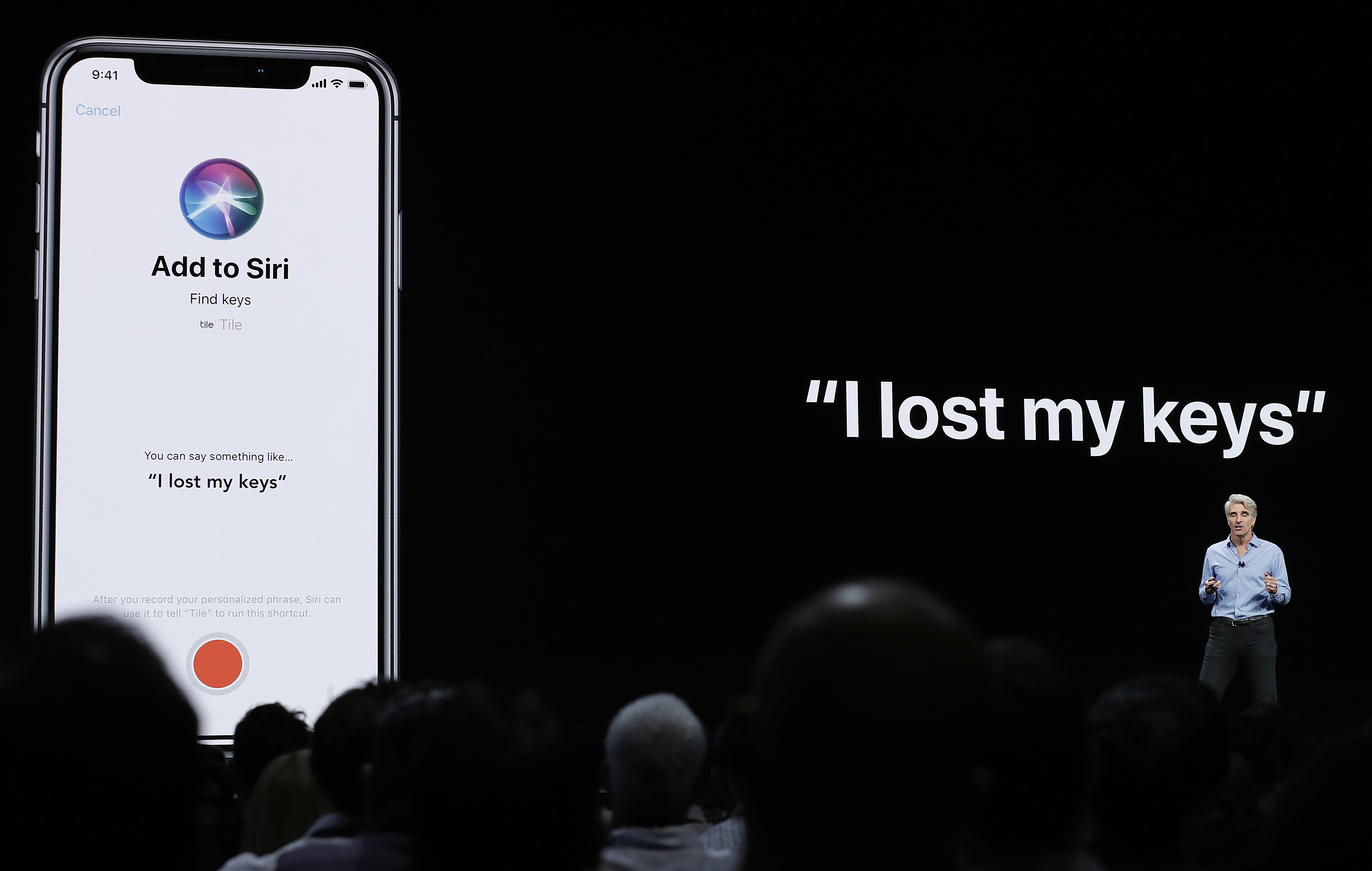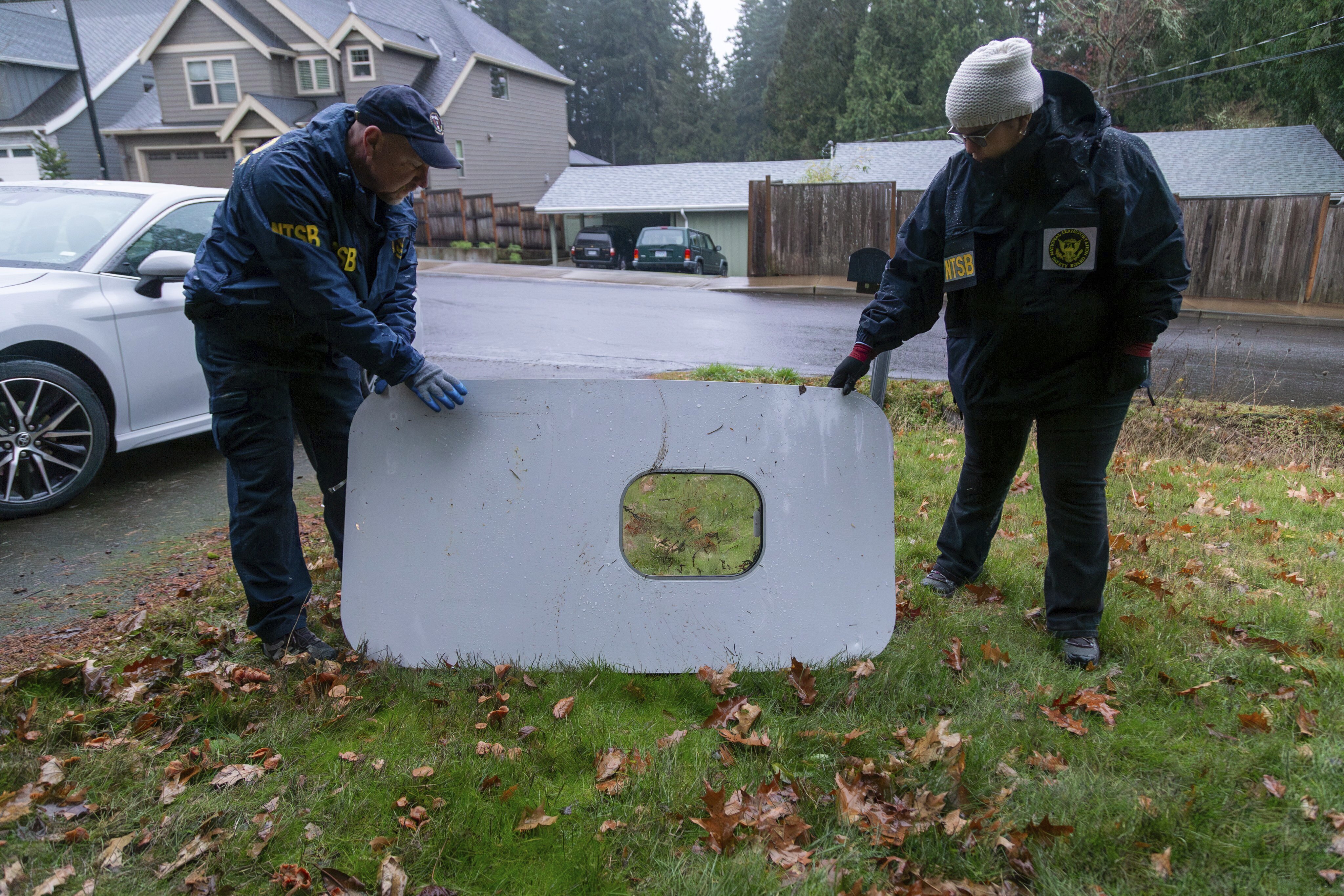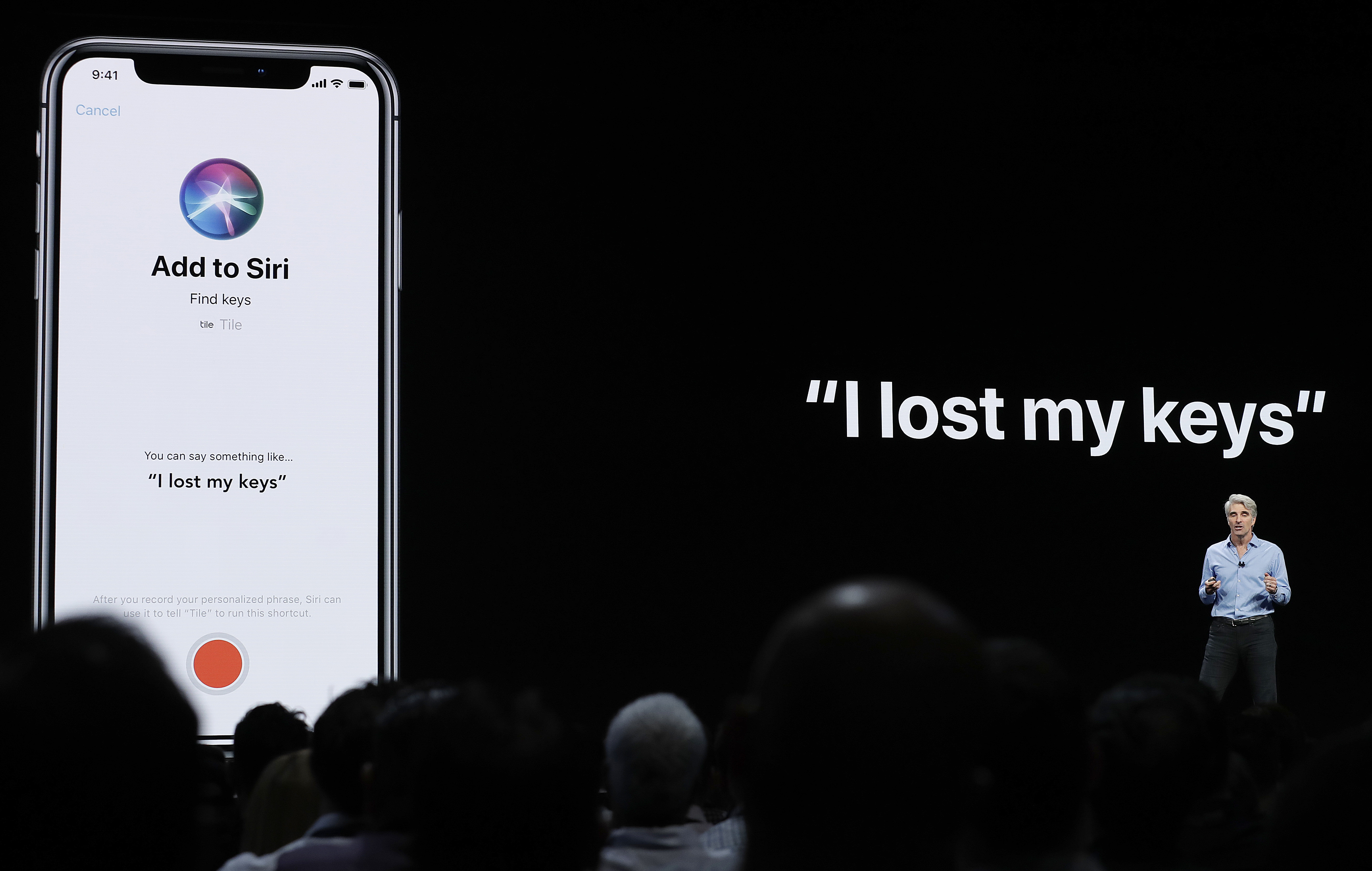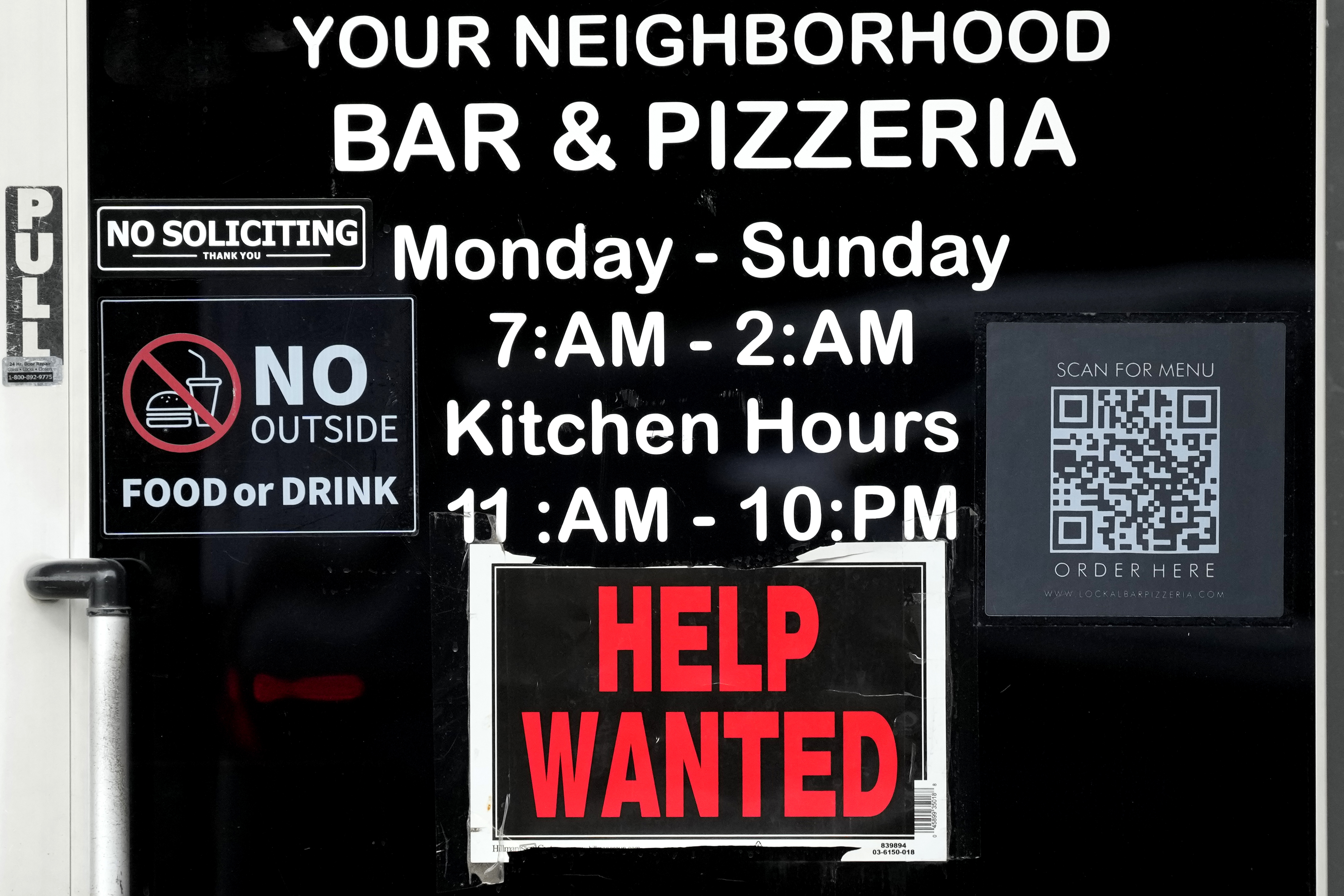VIRGINIA BEACH, Va. (WAVY) — As the realization of the impacts coronavirus has on our lives sets in, a local counselor says she has seen an uptick in the need for mental health services.
The counselor reached out to WAVY’s Katie Collett after reading a blog Katie wrote about her six-year-old son asking her if she was going to die if she contracted coronavirus because she is immunocompromised.
Katie told her son she didn’t plan to go anywhere, and she explained that her condition is why the family is staying away from others right now, because she could get sicker than some. After Katie posted that blog, Megan Sweeney contacted her.
Megan is a licensed professional counselor practicing at Fairfield Psychological Associates in the Kempsville area of Virginia Beach. She said Katie’s response was right on: honest, but not scary.
Here are excerpts from Katie’s conversation with Megan:
How do I answer the tough questions?
When it comes to answering the tough questions about death or even, “When am I going to be able to play my favorite sport again?” or ” When am I going to be able to play with my friends again?” Megan says we’re all probably oversaturated by too much information.
“… and even the littlest of ears are picking up on the anxiety and the stress that’s being felt throughout the world,” she said. “The best advice that I give to families who have kids that [are] asking those very tough, but very honest questions, are [to] be honest with them. You know, there’s ways in which we can tell the truth to our kids without being scary, because the information is scary out there about the virus. But the more honest we are with our children, the more truthful, the more blunt and real we are with them, the better it is for them.
“So, if they’re asking questions about when will we get back out and be able to see our family and our friends again, remind them that this is a temporary situation and that we’re one day closer to getting back to our regularly scheduled programming, but also remind them that we have other creative ways to see our friends and family like FaceTime or Skype or Zoom. The other night my family and I had 20 of us on a zoom chat and it did all of us wonders to see everyone laughing and joking and watching the little nieces and nephews ride the bicycles. So, we’re in a time that we have so many technology alternatives to being present, physically, with somebody.”
Megan says the last couple of weeks have been rough in the land of mental health. Now that reality has set in, things are starting to feel a bit heavy. She says there’s boredom, lack of direction, and people are hurting.
So, how can we help alleviate some of the stress and anxiety that we’re feeling these days?
“My patients and I have been working together to establish some ground rules and ideas and some of them have been pretty creative. Number 1, it seems like exercise and being active really helps. For some of us, exercise means to go for daily runs or walks. I know myself and my children are going on bike rides every day, but for other people who weren’t really bought into the concept of exercise before COVID-19, for some people it’s just, like one family, they’re going on a daily car ride every day after dinner. They are all hopping in the car and they are driving to the beach and back every day just to get a change of scenery in their homes.
“Another cool idea, some of my teenage patients that are really missing being around their friends have been watching movies together online. They are Facetiming each other and all sitting down together and watching a movie and they are exchanging their thoughts and ideas about the movie as it’s being played, so that’s another way to be active socially.
“Number 2, it seems really important when we’re stressed and anxious to get plenty of rest. You know, I know there is sometimes sleep disturbances. We might feel like we’re getting too much sleep or too little sleep, but if in the middle of the day you’re feeling a little sleepy, it’s okay to take a nap. It kind of piggybacks into number 3.
“The importance of trying to keep somewhat of a general schedule to try and alleviate stress and anxiety. It doesn’t mean that we need to fill every minute of every day. It doesn’t mean that we have to set an actual chart of this is what we’re going to do between this hour and that hour, but a general rhythm for the day. Many of the families that I work with, they are setting up, this is about the time that we need to wake up. This is about the time that we need to go to bed. These are when we’re going to have our meals. This is when we’re going to set aside the time to do our schoolwork. Many families are trying to balance parents who are still having to go out and work and then also educate our children as well, so there’s a lot of variables in our lives now that weren’t there several weeks ago. So the importance of having some sort of schedule within our families can help alleviate the stress in our households.
“Last but not least, as a mental health therapist, I am reminding all of my patients that I see, and my family, and my own friends, of the importance of talking about how with think and how we feel during this uncertain time. There’s not much that we can do about the things that have already happened, and there’s really nothing that we can do about future things because they are so uncertain, but the importance of being present, and if we’re feeling happy, laugh. If we’re feeling happy, tell people. If we’re not feeling so happy and we’re confused or we’re feeling sad, it’s also important to talk about that, too. We might not be able to change things that are making us feel sad at the moment, but if we’re able to talk about them, then they take up less real estate inside our own bodies and then we feel a little bit less heavy.”
How do we cope with mental health challenges?
Megan also emphasizes the importance of being social has on our mental state.
“I know that our government is asking us to be socially distant, but I think they better phrase for that is we’re being asking to be physically distant, but to keep socially connected. We have such an array of resources available to us that we can stay connected with people, whether it’s through email, text messages, FaceTime, Skype, Zoom, name it, whatever. So, I know that we’re being asked to keep away from people physically, but a big piece of guidance that I give my patients, and to anybody watching today, is to try your best to be socially connected with people daily to help stimulate our own brains, our own mood, and to keep ourselves less stressed and less anxious.”
If you are feeling lost, anxious, or stressed, Megan says it’s important to remember there are resources available to you. She says there are many therapists who are still seeing patients, even online through secure online portals. Some are still seeing patients in their offices.












